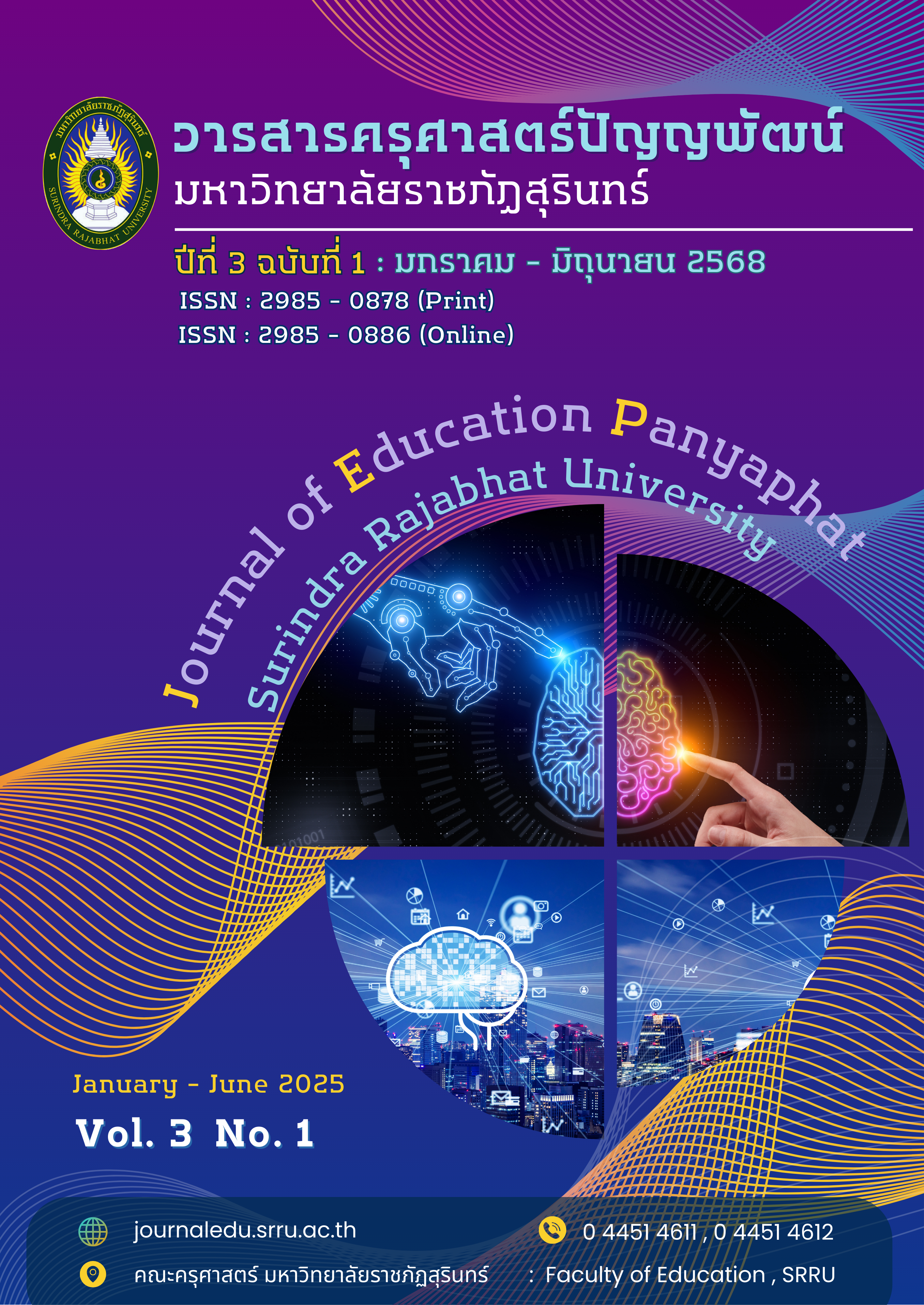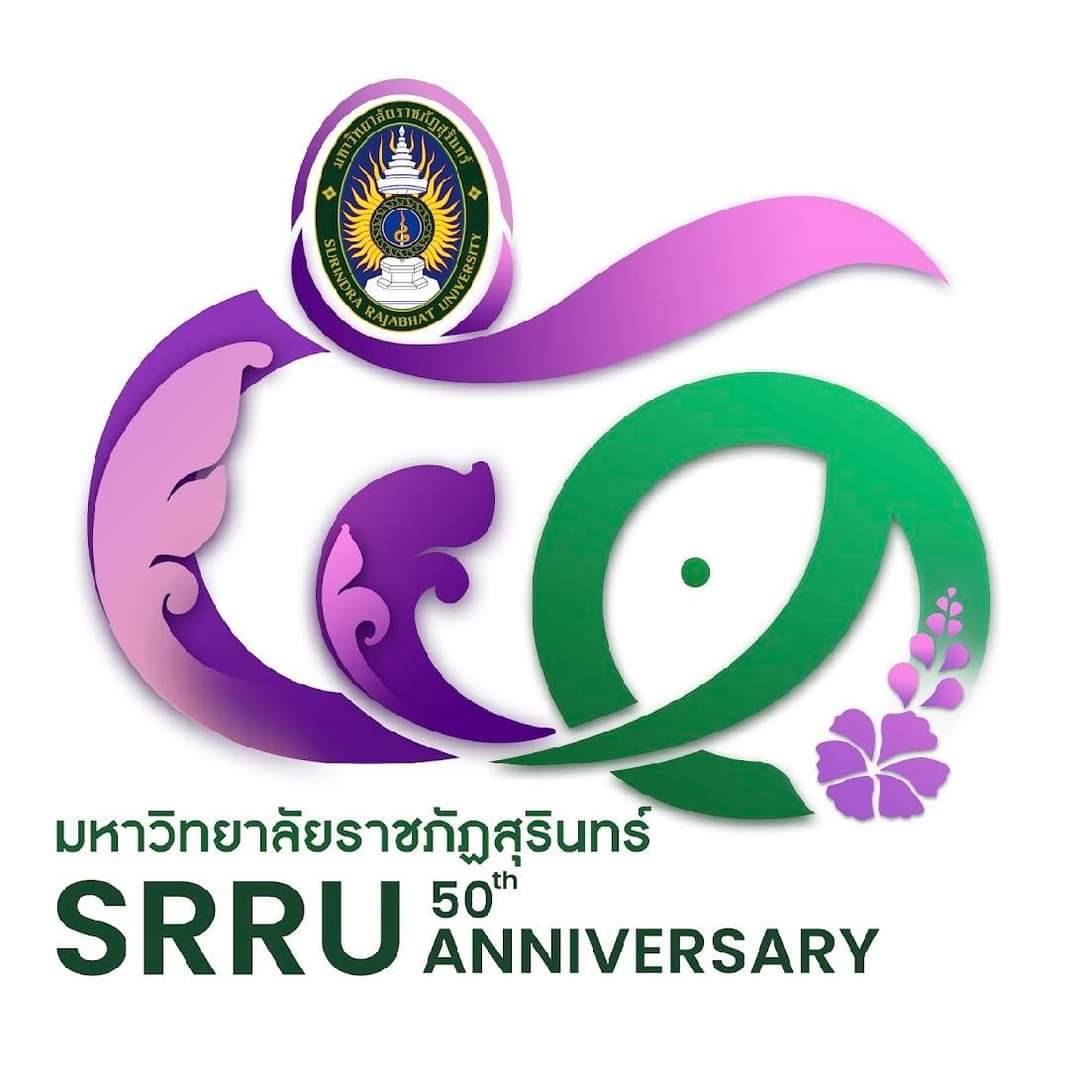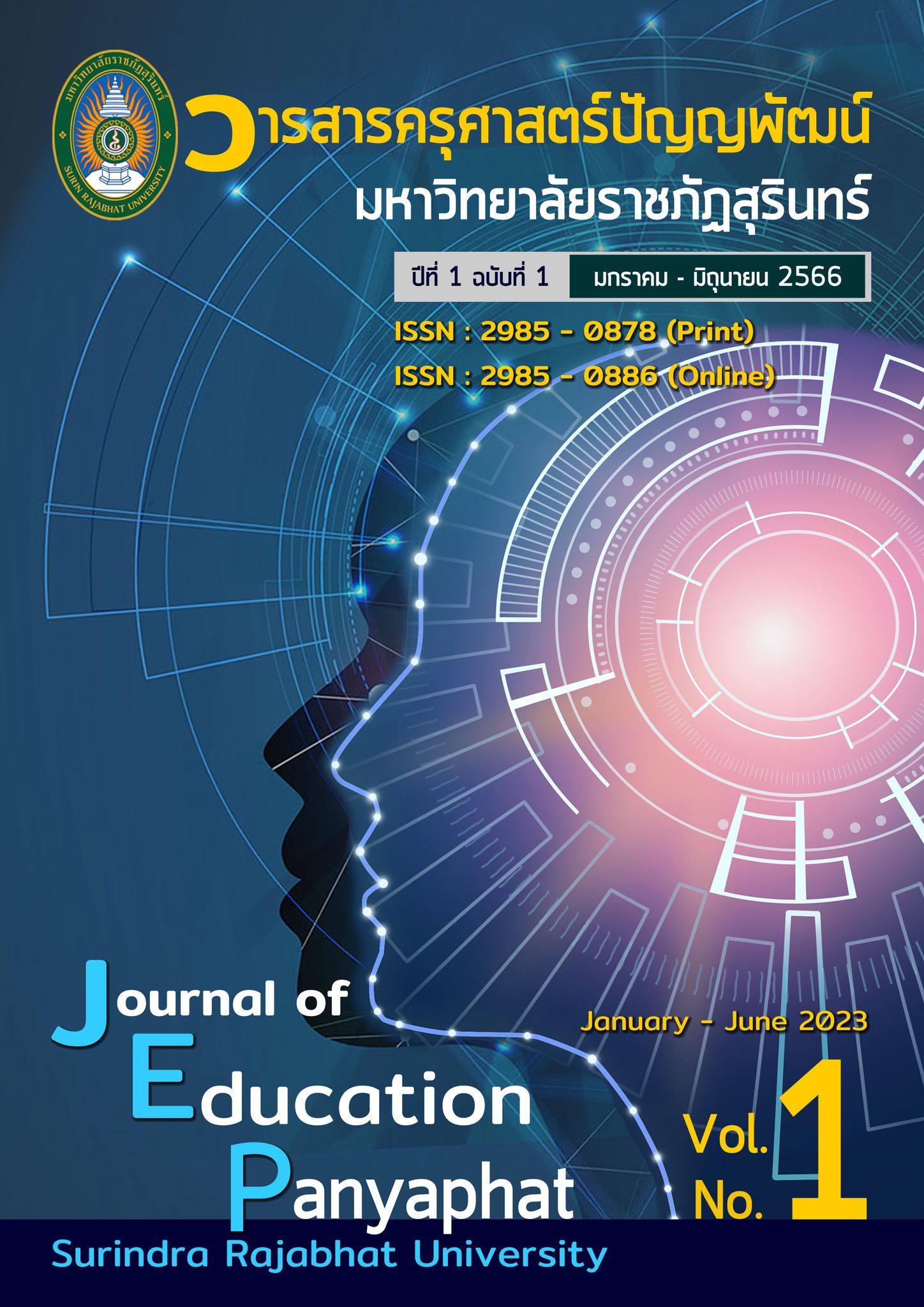Historical Teaching Strategies through Community Environmental Issues to Cultivation Conscience of Ecological Citizenship of Hight School Students
DOI:
https://doi.org/10.65205/jedusrru.2025.3824Keywords:
Historical Teaching Strategies, Ecological Citizenship, Community Environmental Issues, Hight School StudentsAbstract
This article aimed to 1) develop historical lesson plans integrated with community environmental issues to promote Ecological Citizenship among high school students, and 2) assess students' Ecological Citizenship behaviors after using historical teaching strategies integrated with community environmental issues to enhance Ecological Citizenship among high school students. The participants, selected using simple random sampling through a class lottery method, consisted of 18 students from Grade 10 at Wichai Wittaya School during the second semester of the 2023 academic year. The research instruments included: 1) Historical Teaching Strategies integrated with Community Environmental Issues (totaling 18 hours), 2) Appropriateness Evaluation Form for the historical teaching strategies, and 3) Ecological Citizenship Behavior Assessment Form. Quantitative data analysis was performed using mean (M) and standard deviation (SD).
The research findings were as follows:
- The evaluation results for the quality of historical teaching strategies showed an overall rating at the highest level of appropriateness (M = 4.60, SD = 0.21).
- The level of Ecological Citizenship behavior among students after learning history through Community Environmental Issues was rated at a very high level of appropriateness (M=4.46, SD=0.56).
References
กฤษฎา หัดหรอ. (2559). ผลการจัดการเรียนรู้โดยใช้ปัญหาเป็นฐาน เรื่อง สิ่งแวดล้อมที่มีต่อทักษะการแก้ปัญหาและทักษะการคิดวิเคราะห์ของนักเรียนชั้นมัธยมศึกษาปีที่ 6 จังหวัดภูเก็ต. วิทยานิพนธ์ศึกษาศาสตร์มหาบัณฑิต มหาวิทยาลัยสุโขทัยธรรมาธิราช.
ชรินทร์ มั่งคั่ง, ยงยุทธ ยะบุญธง, เชษฐภูมิ วรรณไพศาล, ชญานิตย์ ยิ้มสวัสดิ์, อรรฏชณม์ สัจจะ, พัฒนกุล, ณกานต์ อนุกูลวรรธกะ, ชัยณรงค์ จารุพงศ์พัฒนะ, กรวิชญ์ จิตวิบูลย์, เตชินี ทิมเจริญ, & นิติกร แก้วปัญญา. (2564). การพัฒนาหลักสูตรท้องถิ่นแบบวิธีการเชิงพื้นที่ เรื่อง ประวัติศาสตร์นครหริภุญไชยเพื่อส่งเสริมสำนึกประวัติศาสตร์ความสุขของนักเรียนในพื้นที่นครหริภุญไชย จังหวัดลำพูน. องค์การบริหารส่วนจังหวัดลำพูน และคณะศึกษาศาสตร์ มหาวิทยาลัยเชียงใหม่.
วรินทร สิริพงษ์ณภัทร และคณะ. (2567). การเรียนรู้แบบการตั้งคําถามแบบโสเครติสเพื่อส่งเสริมความเป็นพลเมืองตื่นรู้ฐานเศรษฐศาสตร์ยั่งยืน. วารสารครุศาตร์ มหาวิทยาลัยราชภัฏนครศรีธรรมราช, 4(1), 1-12.
Ballantyne, R., & Packer, J. (2009). Introducing a fifth pedagogy: Experience-based strategies for facilitating learning in natural environments. Environmental Education Research, 15(2), 243-262.
González-Vázquez, D., Feliu-Torruella, M., & Íñiguez-Gracia, D. (2021). The Teaching of Historical Memory as a Tool for Achieving SDG 16 and Teachers’ Views on the Exile Memorial Museum (MUME) Routes. Sustainability, 13(24), 13637.
Hadjichambis, A. C., & Paraskeva-Hadjichambis, D. (2020). Education for environmental citizenship: The pedagogical approach. (pp. 237-261). Springer.
Hadjichambis, A., & Reis, P. (2018). Climate citizenship in the European Union: Environmental citizenship as an analytical concept. Impact, 2018(8), 52-54. Science Impact Ltd.
Hadjichambis, A., & Reis, P. (2018). European Network for Environmental Citizenship (ENEC). Impact, 2018(8), 52–54.
Herrmann, Z., & Hausburg, T. (2023). Empowering students to be part of climate-change solutions. Educational Leadership. Retrieved from https://www.ascd.org/el/articles/empowering-students-to-be-part-of-climate-change-solutions
Hmelo-Silver, C. E. (2004). Problem-based learning: What and how do students learn?. Educational Psychology Review, 16(3), 235-266.
Nordström, H. K. (2008). Environmental education and multicultural education – Too close to be separate?. International Journal of Environmental Education and Information, 17(2), 008-017.
OECD. (2008). OECD Environmental Outlook to 2030 (pp. 139-170). OECD iLibrary. Retrieved from https://www.oecd-ilibrary.org/environment/oecd-environmental-outlook-to-2030_9789264040519-en.
Savery, J. R. (2006). Overview of problem-based learning: Definitions and distinctions. Interdisciplinary Journal of Problem-Based Learning, 1(1), 9-20.
Jyothish, K. (2021). Teaching methods in history learning. International Journal of Research Publication and Reviews, 2(6), 202–208.
Kovarik, B. (2025). Environmental issues are part of history. Environmental History. Retrieved from https://environmentalhistory.org/2025/02/11/about-environmental-history/.
Downloads
Published
How to Cite
Issue
Section
License
Copyright (c) 2025 JOURNAL OF EDUCATION PANYAPHAT SURINDRA RAJABHAT UNIVERSITY

This work is licensed under a Creative Commons Attribution-NonCommercial-NoDerivatives 4.0 International License.
ข้อความลิขสิทธิ์










